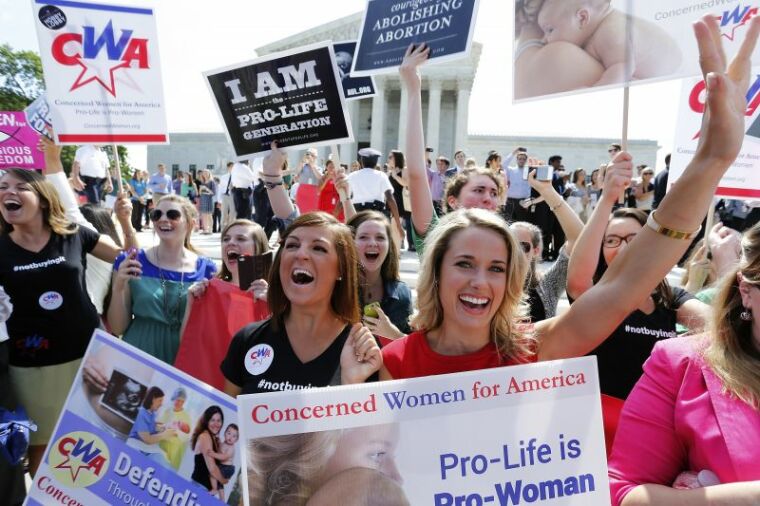Hobby Lobby CEO: Prepare to lose religious freedom if Trump not elected

OKLAHOMA CITY, Okla. (Christian Examiner) – The Christian founder and CEO of Hobby Lobby stores – the company that successfully challenged the Obamacare mandate to provide abortion-inducing birth control pills in its employee health plan – has claimed religious liberty in America is near extinction and can only be saved if Donald Trump is elected president.
Writing in USA Today, David Green recounted his family's case against the federal government's Affordable Health Care Act. In it, the company relied on the Religious Freedom Restoration Act (1993), which reaffirmed the First Amendment's prohibition on government interference in religious practices, such as a Christian, family-owned business's right to refuse the provision of abortifacients to its employees.
Laws have to be backed up with resources and political will, and deep-seated cultural codes, religious beliefs and structural biases have to be changed.
"Fortunately, the Supreme Court issued a 5-4 ruling in favor of Hobby Lobby in 2014, but it's frightening to think that we – and all Americans – were just one judge away from losing our religious freedom," Green wrote. "Make no mistake, the vacancy left by Justice Scalia and the subsequent appointment to fill his seat makes this presidential election one of the most significant in modern times."
Green pointed to Hillary Clinton's comments at the Women in the World Summit in 2015 as evidence that allowing her to appoint the next justices (perhaps as many as four) would foist more liberal rulings on the American people. In the address, Clinton said women's reproductive rights have advanced, but not far enough.
"Laws have to be backed up with resources and political will, and deep-seated cultural codes, religious beliefs and structural biases have to be changed," she said.
Green wrote that he fears what Clinton actually means is that the religious beliefs of Americans will not be taken into consideration when laws are enforced, forcing people to "violate their conscience under her president – a philosophy that would be carried out by anyone she nominates for the Supreme Court."
According to CEO, the First Amendment was crafted to offer protections against precisely that type of tyranny. Clinton, he said, has "made no secret" of her belief that government interests on topics such as abortion and same-sex marriage are more important than religious belief.
Not so with Trump, he wrote.
"In contrast, Donald Trump has been steadfast in expressing his commitment to uphold the Constitution, and his list of possible Supreme Court nominees inspires confidence that there is hope in my future — and in my grandchildren's future — for a country that will value those most fundamental rights," Green wrote.
"For Americans who value freedom of religion, we must elect a president who will support a Supreme Court that upholds not only this freedom, but all that have emanated from it. That president is Donald Trump."
The Clinton campaign has not responded to Green's editorial.
Green hasn't always supported Trump. In March, just after Trump won most of the Super Tuesday contests, Green said the New York billionaire "scares me to death." Green had previously endorsed fellow evangelical and Florida Sen. Marco Rubio.
He also said Trump's story of success in business was similar to his own, but said "that doesn't make either of us qualified to be president."